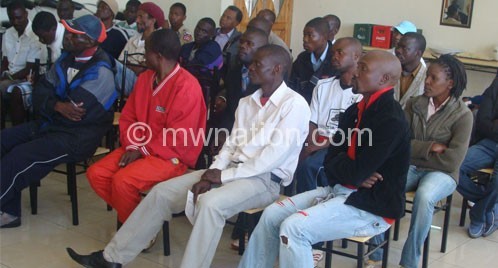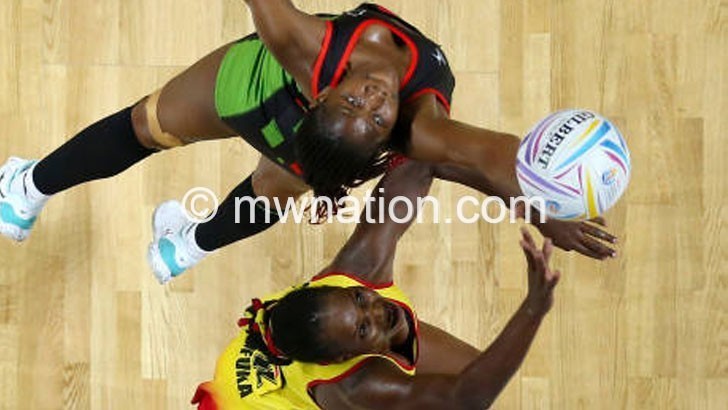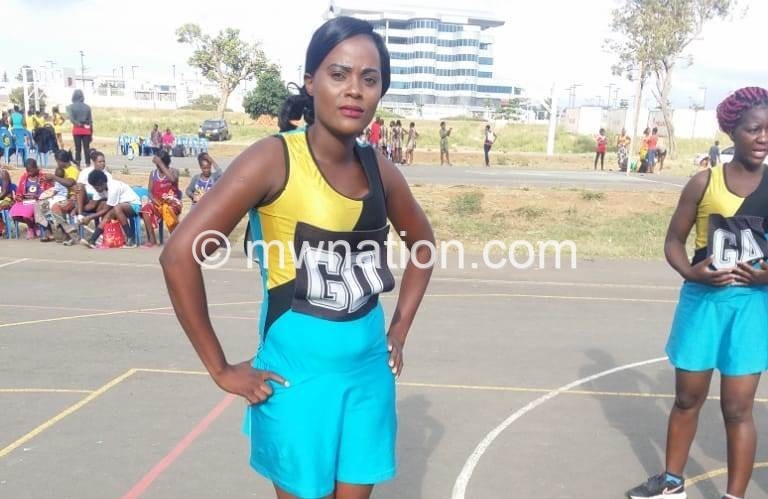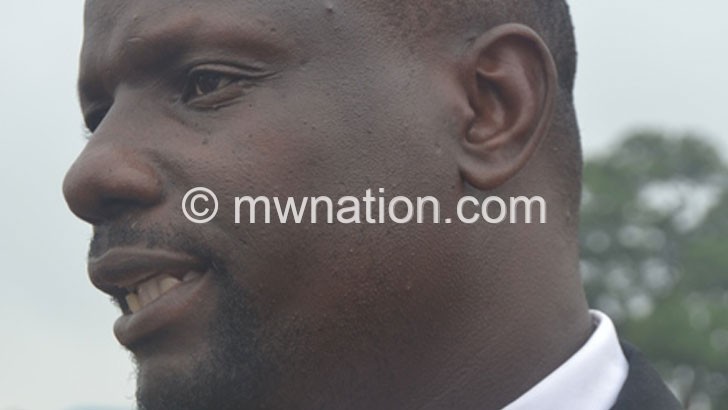Football faces unemployment

With the Football Players Association (FPA) stepping up its efforts to re-integrate past and present footballers onto the labour market through a skills development programme, SportsXtra looks at the flipside of a footballing career.
This is the first of a series of articles to continue next week
The story of a football career is predictable. Lured into football by fame and money, young footballers drop either out of primary or secondary school.
They earn relatively a lot of money within a short period of time, but hardly save. After a decade, their legs start to sap, they fall out of favour and get sacked.
Suddenly, they realise there is nothing to fall back on outside the football pitch; no friends and nothing to put food on the table.
Ex-Telecom Wanderers goalkeeper Dave Kamanga has seen it all.
“I have many examples why football has many disadvantages,” Kamanga narrated in an interview on Saturday last week in Blantyre.
“I will never forget when I broke my leg while playing football, officials visited me twice only and for four months, I could not pay rentals. I was rendered destitute.”
Another example is Chikondi Banda.
Once a household name for club and country, the ex-Bata Bullets midfielder has not benefitted from his career.
“I would urge up-and-coming footballers never to quit school for the sake of football,” Banda warned at Sports Council offices in Blantyre last Saturday.
Banda’s warning is from experience, admitting that given a second chance, he would never sacrifice school for the sake of football.
Current domestic football sensation Gabadhinho Mhango almost fell in the same trap when last year he skipped Junior Certificate of Education examinations.
Now, the Big Bullets sensation is undergoing trials in South Africa with Bloemfontein Celtic having failed to agree terms with AmaZulu.
But not all agree that emerging talent must never abandon school to concentrate on football.
“Why force him on school, when his talent is in football? Let him pursue the career of his dreams. School will not take him anywhere,” argued one observer.
Therefore, if Gabadinho gets signed, chances are that could as well spell the end of his school, which he will only remember after retirement.
In most cases, because of pride, former footballers after retiring cannot imagine sitting in the classroom with all eyes on them.
It becomes easier when footballers completed high school as they can, after retirement, easily go into ‘non-age-oriented’ tertiary education.
In exceptional cases, world football icons such as George Weah, who dropped out of school at the equivalent of Form Three in Malawi, went back to high school in the United States of America.
The fact that the only African to win World Player of the Year Weah still realised the importance of school despite such a richly rewarding career in France, Italy and England, faults the anti-school believers.
“I am not playing any more. Now, I have an opportunity to go back to school. Education is a continuous process. It is like a bicycle, if you do not [pedal], you do not go forward,” Weah, partly influenced by his ambition to run for the presidency, told the BBC.
So what becomes of footballers who drop out of school?





